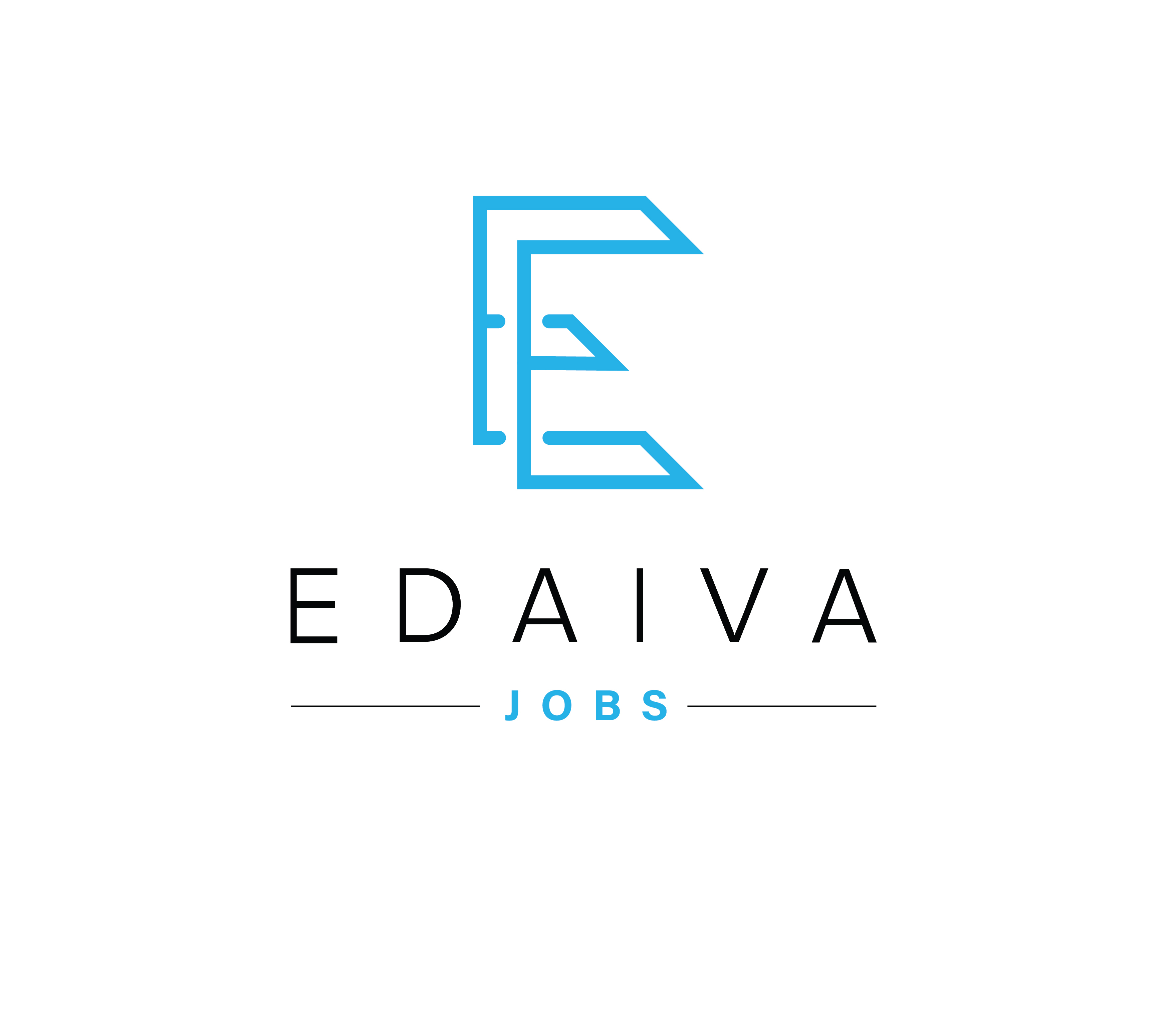Blogs
Virtual Job Fairs: Navigating College & Placement Cells
By Team Edaiva
Last Updated : Jul 8, 2023

When we talk about a Job fair the first thing that you would remember is to wear your formal, accompany your parents and get into a big auditorium where there are thousands of colleges but you have that one favourite of yours and you will be eyeing on it until you reach there and talk your heart out, but many times it does happen that it's late or the auditorium closes or it’s so crowded that you miss out on your favourites. This has happened to you too, right? Well, we know these scenarios well and thus give you a break into all the traditional methods of job fairs and launch to you a newer concept of virtual job fairs. Being a part of the placement cell both for the employer and candidates, this new kind of virtual fair is coming with a new kind of flexibility and tons of other things to offer. So, in this blog, Edaiva will dive deeper into the 20 best practices dedicated to college and placement cells in navigating virtual job fairs.
6 Things College and Placement cells can expect at a virtual job fair
There can be some added expectations and to burst all the myths and give you the right kind of information, we have jotted down a few points which you can expect in a virtual job fair.
- Pre-Fair Orientation and Preparation: It is critical to equip students with pre-fair orientation and preparation to maximize their success at virtual job fairs. Organise orientation events or workshops as a college or placement cell to familiarise students with the virtual career fair platform. Explain how the site works, display various capabilities, and provide advice on navigating virtual booths, attending information sessions, and interacting with companies via chat. In all contacts, emphasize the need of being proactive, polite, and professional.
- Customized Employer Sessions: A few online employment fairs provide tailored sessions for placement cells and colleges. Through presentations about your school, the programs you provide, and the abilities and competencies of your students, these sessions give you the chance to interact with companies more deeply. You might highlight industry partnerships, share success stories from previous placements, and emphasize the distinctive value your university offers businesses. Customized sessions offer a chance to position your institution as a go-to source for talent, fostering connections with employers and improving potential future hiring opportunities.
- Virtual Workshops and Skill-building Sessions: Virtual career fairs usually include workshops and skill-building sessions in addition to employer meetings. The emphasis of these lessons is on improving the employability of the students, including resume writing, interview practice, networking strategies, and professional branding. You can cooperate with the virtual career fair organizers as a college or placement cell to conduct specialized sessions designed to meet the needs of your students. By providing students with opportunities to develop their skills, you give them the resources and know-how they need to be successful in their job hunt.
- Employer Outreach and Engagement: As a placement cell or college, you have a key role in reaching out to employers and establishing connections between them and your students. Before the online job fair, take the initiative to contact the participating companies. Introduce your organization, give a rundown of your student's skills and passions, and let them know how excited you are about future partnerships. Share any student success stories or noteworthy accomplishments with companies to highlight their value and potential. Use chat options or private messaging to establish connections between students and businesses during the virtual career fair.
- Alumni Engagement: Online career fairs frequently present opportunities for alumni involvement. You might invite your alumni to engage as representatives of their respective organizations as a college or placement cell. Alumni can discuss their experiences working at particular companies, provide advice to current students, and provide insights into their professional journeys. Engagement of alumni benefits your institution's reputation and visibility, while also giving your students access to networking opportunities and prospective mentors.
- Opportunities for Internships and Placements: Online career fairs provide a venue for your students to look for and land internships and positions. To find top talent for short-term projects or long-term career prospects, employers actively participate in these fairs. As a college or placement cell, you can help students find appropriate internships and job opportunities, walk them through the application process, and provide assistance with interview or assessment preparation. Through the creation of meaningful relationships between students and businesses, virtual career fairs help pave the way for rewarding professional experiences.
6 Best Practises for Virtual Job Fairs for Colleges and Placement Cells
When it is a college and a placement cell participating in a virtual job fair, there are many things that you need to keep in mind and Ediava has prepared a checklist only for you. So, check them together.
- Preparing Students: Prioritising student preparation is one of the most essential best practices for institutions and placement cells participating in virtual job fairs. To do this, orientation meetings and pre-fair workshops are held to provide students with the training they need. These lessons ought to go through things like strengthening their virtual networking and interviewing abilities, optimizing their profiles, and writing engaging resumes. Giving students the resources and direction they require will enable them to successfully navigate the virtual job fair environment and leave a good impression on prospective employers.
- Follow-Ups Post Fair: Following the virtual job fair, it is essential for institutions and placement cells to help students and companies follow up beyond the event. Encourage your pupils to contact the employers they met at the event with personalized thank-you cards or emails. Provide information or advice on how students can interact with employers after the job fair, for example, by joining social networking sites like LinkedIn. Consider holding feedback sessions after fairs so that students can discuss their experiences and get advice on what to do next.
- Virtual Booth Presence: Colleges and placement units must have a strong virtual booth presence at virtual job fairs. Create a captivating virtual booth that effectively displays your institution. Include pertinent details about your college, including its goals, programs, standout accomplishments, and student success tales. Display any special programs or alliances that make your institution stand out from the competition. Additionally, offer prospective students and employers resources they may download, including brochures or program catalogs.
- Promoting the Event: To guarantee the greatest possible student involvement, institutions, and placement cells should actively advertise the virtual job fair. Use a variety of communication channels, including college websites, social media sites, and email newsletters, to spread excitement and knowledge about the event. Emphasize the prospective advantages and prospects while clearly stating the date, time, and participating employers. To grab students' attention and promote active participation, think about producing interesting promotional materials like infographics or films.
- Real-time Support: Institutions and placement cells must offer students real-time support throughout the virtual job fair. Establish a group of staff or volunteers who will be on hand to offer help throughout the event. This can entail keeping an eye on online chat rooms or virtual booths to respond to queries, offer assistance, and address technical problems. Encourage your students to ask for assistance or explanation if they need it. Colleges and placement cells can ensure a seamless and satisfying experience for students by providing real-time support, allowing them to concentrate on developing fruitful relationships with businesses.
- Data gathering and analysis: Virtual job fairs give institutions and placement offices a chance to gather important data and analytics. Utilize these insights by gathering information on application numbers, employer interactions, and student involvement. Examine this information to determine the effectiveness of the online job fair and to pinpoint areas that want improvement. Utilize the data to determine student engagement levels, monitor the success of your marketing initiatives, and learn more about employer preferences and hiring trends. Colleges and placement cells may improve their overall strategy and make educated selections for future virtual job fairs thanks to this data-driven method.
Conclusion
To conclude on this very topic, one thing that we would like you to remember is that since this is a virtual event you might be facing issues since you have not been doing something like this before, but we will ask you to be open and welcome new opportunities with wide arms, make things look easier and adapt to the new normal. Don't miss out on your chances of meeting new employers and networking your way out, and if you get a chance also do the basic introductions well. Will wish you all the very best for the upcoming events and more.

